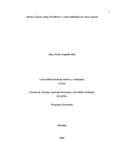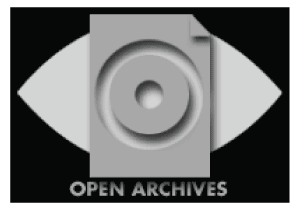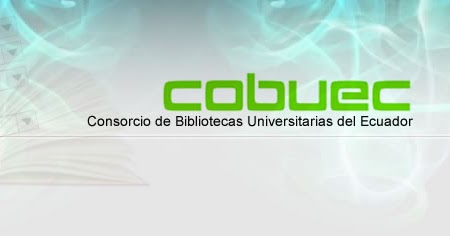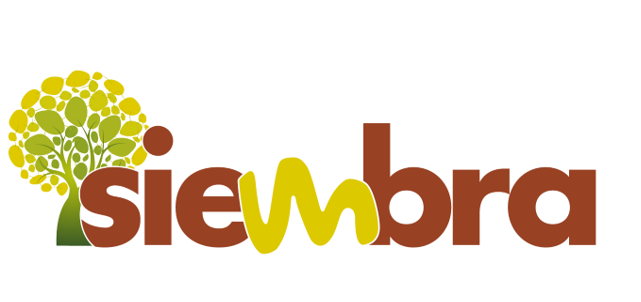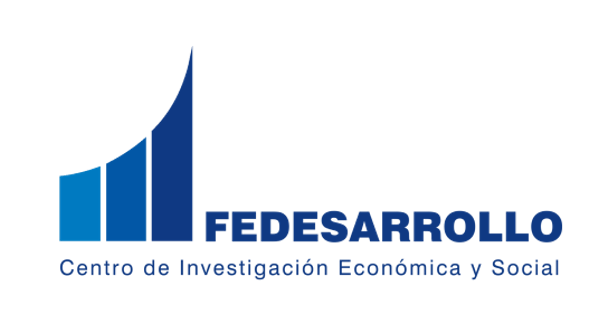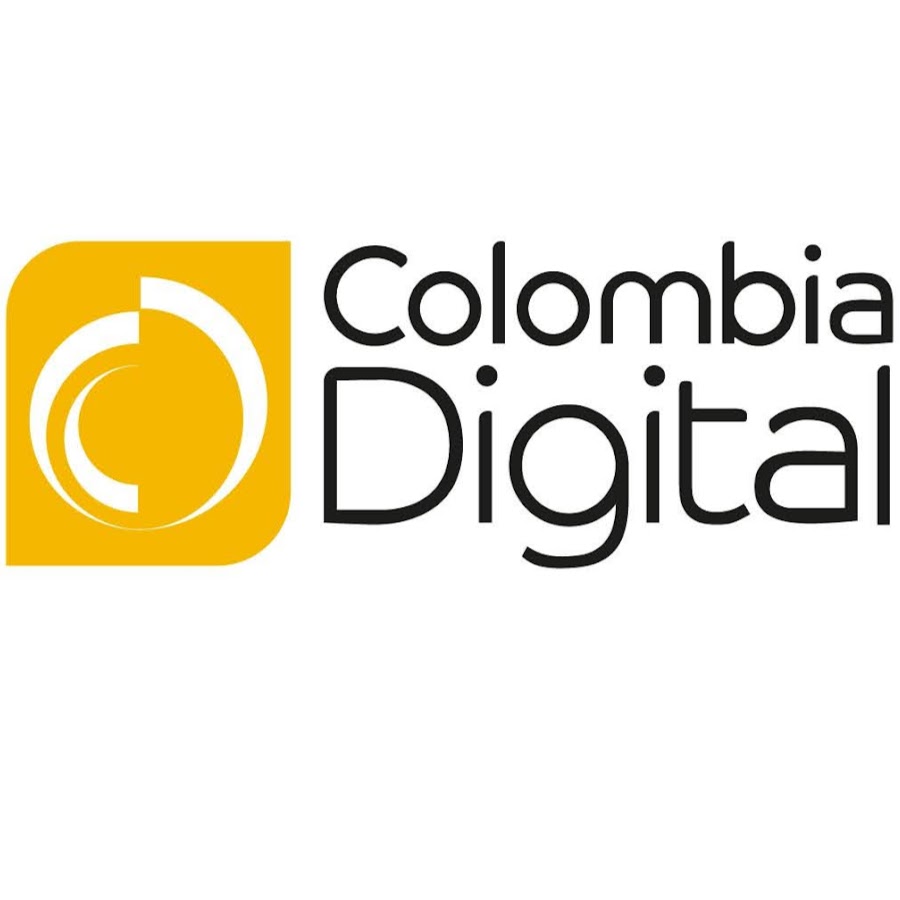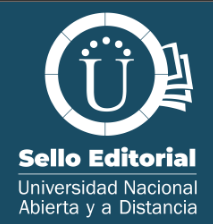Mostrar el registro sencillo del ítem
Aprisco Campo Alegre productor y comercializador de carne caprina
| dc.contributor.advisor | Cardona, Daniel | |
| dc.coverage.spatial | cead_-_medellín | |
| dc.creator | Argüello Díaz, Juan David | |
| dc.date.accessioned | 2020-12-23T19:40:32Z | |
| dc.date.available | 2020-12-23T19:40:32Z | |
| dc.date.created | 2020-12-19 | |
| dc.identifier.uri | https://repository.unad.edu.co/handle/10596/38546 | |
| dc.description.abstract | El sector pecuario enfrenta retos importantes en la actualidad más allá de lo político y descuido por parte del estado; la humanidad en su acelerado crecimiento requiere cada vez más alimento, así como también exige de manera puntual y acertada nuevas experiencias y alternativas nutricionales, por lo cual es indispensable que el sector en conjunto con nuevos y antiguos productores se reinventen y aprovechen al máximo los espacios siendo recursivos y no seguir expandiendo la frontera agropecuaria. Dicho proyecto responde a esas necesidades agropecuarias que hoy enfrenta nuestro país donde requiere de inversión en el sector pecuario con proyectos que sean rentables, innovadores, productivos y en armonía con el medio ambiente, sin olvidar la importancia y la responsabilidad que debe tener en cumplimiento a las normativas que hoy lo rigen junto con un buen plan sanitario que asegure el bienestar animal y la calidad de la carne. (ICA, 2018) El proyecto Aprisco Campo Alegre está dedicado a la producción y comercialización de carne de cabro en pie de la raza Bóer, cuyas características son netamente cárnicas lo que se refleja es los paramentos productivos gracias al buen desarrollo de sus músculos, esta raza es proveniente de Sudáfrica y es el resultado del mejoramiento genético que se hizo entre raza Angora y razas indicas, dando mayor resultado en producción y adaptabilidad ambiental. (ALEJANDRA ROJAS R. M., 2004) Duitama conocido como la Perla de Boyacá es el municipio donde tendrá lugar el Aprisco Campo Alegre, seleccionado por fertilidad del terreno para pastos, fácil acceso, transporte, y potencial comercio de dicha carne. Esto nos permite que en 2 hectáreas se pueda el total sostenimiento inicial de más de 100 semovientes, cuya nutrición está directamente relacionada con el alimento que en dicho espacio se cultiva. | |
| dc.format | ||
| dc.title | Aprisco Campo Alegre productor y comercializador de carne caprina | spa |
| dc.type | Proyecto aplicado | |
| dc.subject.keywords | Caprinos | spa |
| dc.subject.keywords | Caprinos - Producción | spa |
| dc.subject.keywords | Caprinos - Comercialización, | spa |
| dc.subject.keywords | Caprinos - Mercadeo | spa |
| dc.description.abstractenglish | The livestock sector currently faces significant challenges beyond politics and neglect by the state; Humanity in its accelerated growth requires more and more food, as well as it demands in a timely and correct way new experiences and nutritional alternatives, for which it is essential that the sector together with new and old producers reinvent themselves and make the most of the spaces being recursive and not continuing to expand the agricultural frontier. This project responds to those agricultural needs that our country faces today where investment is required in the livestock sector with projects that are profitable, innovative, productive and in harmony with the environment, without forgetting the importance and responsibility that it must have in compliance to the regulations that govern it today together with a good health plan that ensures animal welfare and the quality of the meat. (ICA, 2018) The Sheepfold Campo Alegre project is dedicated to the production and commercialization of standing goat meat of the Boer breed, whose characteristics are clearly meat, which is reflected in the productive surfaces thanks to the good development of their muscles, this breed is from South Africa and it is the result of the genetic improvement that was made between the Angora breed and indica breeds, giving greater results in production and environmental adaptability. (ALEJANDRA ROJAS R. M., 2004) Duitama known as the Pearl of Boyacá is the municipality where the Campo Alegre Sheepfold will take place, selected for the fertility of the land for pasture, easy access, transportation, and potential trade in said meat. This allows us that in 2 hectares the initial total support of more than 100 livestock can be carried out, whose nutrition is directly related to the food that is grown in said space. | |
| dc.subject.category | Zootecnia |
Ficheros en el ítem
Este ítem aparece en la(s) siguiente(s) colección(ones)
-
Zootecnia [278]

